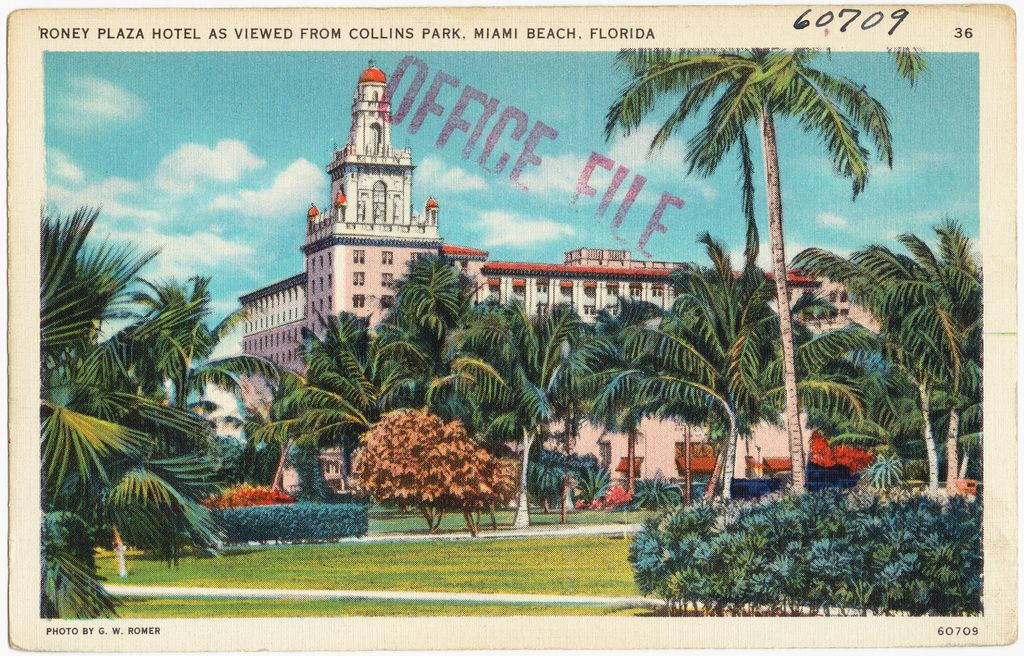Is Gas Cheap? A Closer Look at Fuel Prices
- *
The Rationale Behind the Perception of Gasoline as Affordable for Many Consumers - Gasoline is often perceived as affordable due to its relatively low price compared to other goods and services, despite increasing costs associated with production, distribution, and taxes.
Affordability of fuel is a debate sparked by its volatile prices. While it's less expensive currently, is it truly cheap? Let's dive in to understand the complexities.
The Numbers
In May, the average price for a liter of Super E10 across Germany stood at 1.68 euros. Diesel was slightly cheaper at 1.56 euros, making it less than the average for 2024 yet significantly lower than 2023 and especially 2022, when both fuels surpassed the two-euro barrier. However, it's essential to remember that prices like these are relatively high compared to 2020, when diesel even dropped below the one-euro mark.
Perspective Matters
Comparing fuel prices with past years may not always be fair, as it ignores inflation. When adjusted for the general price increase over the past two decades, current fuel prices fall in the middle — with diesel being pricey in more than half of the past 25 years and gasoline in almost two-thirds.
Components of Fuel Prices
The price of fuel fluctuates more than other goods due to its diverse pricing components:
- Oil Prices: These prices, driven by factors like geopolitical events, supply, and demand, directly impact the wholesale cost of fuels.
- Taxes: A significant part of retail fuel prices comes from taxes, including energy taxes, value-added taxes, and CO2 taxes. These vary by country and region and directly increase the price you pay at the pump.
- Distribution Costs: The cost of transporting fuel from refineries to fuel stations is included in the final price. Regional differences play a role in these costs.
- Inflation: Inflation leads to higher costs for producing and distributing fuel, which are often passed on to consumers.
Extra Factors
Apart from these primary factors, supply and demand dynamics, geopolitical events, and even carrier/retailer policies can influence fuel prices.
Final Thoughts
Fuel prices are influenced by a mix of local and global factors, making them difficult to gauge as cheap or expensive. For example, Christian Laberer, a fuel market expert at ADAC, asserts, "While current fuel prices are relatively low compared to recent years, they are still pricey in a historical context. People often get used to the current levels and may perceive them as cheap. However, prices can change rapidly, especially when you consider all the factors at play."
- In light of the complexities surrounding fuel prices, it's worth considering the employment policies of industries such as finance, energy, and business. These sectors may be significantly influenced by fuel price fluctuations, leading to potential changes in employment and economic stability within the community.
- By understanding the various factors contributing to fuel prices, governments can develop comprehensive employment policies that consider the impact of fuel costs on businesses, workers, and overall economic growth, ensuring a stronger, more resilient community.





